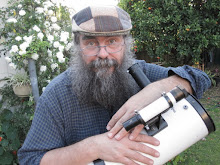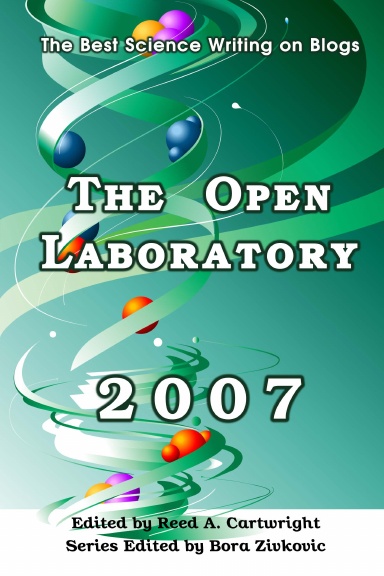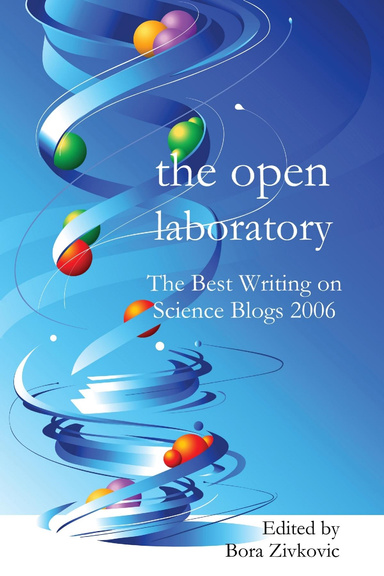Friday, December 07, 2018
Mars and Neptune spectacularly close tonight (7 December 2018)
Chart showing the location of Mars and Neptune tonight (Friday 7 December 2018) as seen looking west fro Adelaide at 22:06 ACDST (90 minutes after sunset, Similar views will be seen throughout Australia at the equivalent local time (90 minutes after sunset). The inset shows the simulated telescopic view of Mars and Neptune through a 4" Newtonian Reflector with a 5mm eyepiece. Click to embiggen.
Mars and Neptune will be spectacularly close tonight (Friday 7 December). The pair will be a mere 4 arc minutes apart (that's a fraction of a finger-width), and the pair will easily fit into the field of view of the high power eyepiece.
Mars is readily obvious as the bright red object above the western horizon. Even small telescopes will pick the pair up, with Neptune being the brightest (dim) object close to Mars, but you may need a larger scope to pick up Neptune's bluish hue. You will need large binoculars (10x50 or bigger) and dark skies to see Neptune in binoculars (it is currently magnitude 7.9 so you need to be able to see faint stars of magnitude 8 or dimmer to pick it up).
The pair will be closer tonight than they will come for the next 200 years, so go have a look if you can.
Mars and Neptune will be spectacularly close tonight (Friday 7 December). The pair will be a mere 4 arc minutes apart (that's a fraction of a finger-width), and the pair will easily fit into the field of view of the high power eyepiece.
Mars is readily obvious as the bright red object above the western horizon. Even small telescopes will pick the pair up, with Neptune being the brightest (dim) object close to Mars, but you may need a larger scope to pick up Neptune's bluish hue. You will need large binoculars (10x50 or bigger) and dark skies to see Neptune in binoculars (it is currently magnitude 7.9 so you need to be able to see faint stars of magnitude 8 or dimmer to pick it up).
The pair will be closer tonight than they will come for the next 200 years, so go have a look if you can.
Labels: binocular, Conjunction, Mars, Neptune, telescope




 Click to read about or order
Click to read about or order Click to read about or order
Click to read about or order Click to read about or order
Click to read about or order Click to read about or order
Click to read about or order




